绿化废物无动力堆肥反应器研发毕业论文
2020-04-13 11:12:13
摘 要
随着我国社会经济发展,绿化废物产量逐年增大,虽然绿化废物有质含量高,是理想的堆肥化原料,但长期以来国内对这些可再生资源并没有很好地开发利用,大部分随生活垃圾一起填埋焚烧。
为寻求园林绿化废弃物的无害化处理及资源化利用,本文开发了绿化废物无动力堆肥反应器,将其放置在大型公园、绿地内就地返还绿地施肥。从物料平衡、能量平衡、通风量等方面进行理论计算,当有园林废弃物原料质量M0与反应器有效传热面积S比值大于21.58,体系维持温度恒定。反应器主要包括卧式滚筒、杆式搅拌器、进/出料口及传动系统等。其核心部件是自行设计的杆式搅拌器,由9根长短不一、互相呈90°的搅拌杆组成。
对反应器进行绿化废物堆肥试验,研究反应器对于园林废弃物堆肥腐熟度的影响。实验表明,堆体在温度在第三天就升温至55 ℃以上,50℃以上的高温阶段持续6 d,在杀灭病原微生物的前提下可以保证堆肥过程正常进行;堆体含水率从初始的62.3%下降到49.8%,堆肥阶段需要补充水分调节含水率至适宜值;有机质的降解率为4.12%;pH值在7.5左右。
试验结果证明,新型绿化废物无动力堆肥反应器用于处理园林废弃物具有较好的效果。本设计可以摆脱反应器对场地和电力的限制,在最大限度地节约人力、物力、财力的情况下实现绿化废物就地堆肥化。
关键词:园林废物;无动力反应器;好氧堆肥;装置设计
Abstract
With the social and economic development of our country, the output of afforestation waste increases year by year. Although the green waste is high in content, suitable in moisture content, and free of harmful pollutants, it is an ideal raw material for composting. However, these renewable resources have not been well developed and utilized in the country for a long time, and most of them are landfilled together with domestic waste.
In order to seek the harmless treatment and resource utilization of landscaping waste, this paper developed a green waste non-powered compost reactor, which was placed in a large park and green space to fertilize on-site return to green land. Theoretical calculations were conducted from the aspects of material balance, energy balance, and ventilation volume. When the ratio of the mass of the garden waste material M0 to the reactor effective heat transfer area S was greater than 21.58, the system maintained a constant temperature. Reactors mainly include horizontal drums, rod stirrers, inlet/outlet ports, and transmission systems. The core component is a self-designed rod stirrer, consisting of 9 mixing rods of varying length and 90° each.
The green waste composting test was conducted on the reactor to study the influence of the reactor on the compost maturity of garden waste. Experiments showed that the temperature of the reactor rose to 55°C or above on the third day and continued for 6 days at temperatures above 50°C. The composting process could be ensured under the premise of killing pathogenic microorganisms; the water content of the reactor was from the initial 62.3% dropped to 49.8%, and the composting stage needed to replenish moisture to adjust the moisture content to a suitable value; the organic matter degradation rate was 4.12%; the pH was around 7.5.
The test results prove that the new type of afforestation waste without power compost reactor has a good effect on the treatment of garden waste. This design can get rid of the restriction of the reactor on the site and power, and achieve the composting of greening waste on the spot while maximizing manpower, material and financial resources.
Key words: garden waste; non-powered reactor; aerobic compost; device design
目 录
摘要 I
Abstract II
第一章 绪论 1
1.1 园林废弃物特性及再利用研究现状 1
1.2 园林废弃物好氧堆肥原理与过程 3
1.3 好氧堆肥系统 4
1.3.1 条垛式堆肥系统 4
1.3.2 强制通风静态垛系统 5
1.3.3 反应器堆肥系统 5
1.4 园林废弃物堆肥化处理影响因素与腐熟指标 5
1.4.1物料粒径 6
1.4.2含水率 6
1.4.3 初始碳氮比(C/N) 7
1.4.4 温度 7
1.4.5 pH值 7
1.4.6 氧气含量 7
1.4.7 堆肥腐熟指标 7
1.5 研究目的及意义 9
1.5.1 研究目的 9
1.5.2 研究意义 9
1.6 研究内容及技术路线 10
第二章 物料衡算和能量衡算 11
2.1 物料衡算 11
2.2 热量衡算 12
第三章 无动力堆肥反应器设计 15
3.1 反应器设计思路 15
3.2反应器整体结构设计 15
3.3反应器容积确定 17
3.4 反应器搅拌系统设计 18
3.5 进/出料口设计 20
3.5.1 进料口设计 20
3.5.2 出料口设计 21
3.6 反应器其他设计 22
3.6.1传动系统设计 22
3.6.2 通风系统设计 23
3.6.3 机架设计 24
第四章 新型好氧堆肥反应器堆肥试验 25
4.1实验材料 25
4.2 实验分析测定方法 25
4.3 实验结果与讨论 26
4.3.1 温度变化 26
4.3.2 含水率 27
4.3.3 总有机质 28
4.3.4 pH值 29
第五章 总结展望 30
5.1总结 30
5.2 展望 30
参考文献 32
致谢 34
第一章 绪论
1.1 园林废弃物特性及再利用研究现状
1.1.1 园林废弃物组成
园林绿化废物是城市固体废物的一种,即在城市公园、绿地在人工养护或自然条件下由植物生长产出的树枝、落叶、草屑、花卉残体等废物。园林废物的化学成分主要由多糖、蛋白质、脂肪类、纤维素、木质素等构成。不同的园林废物组成成分不同,草屑、树叶、植物花卉主要成分是多糖和纤维素,木质素较少;树枝主要由木质素、纤维素组成,其他成分较少。从园林废物组成元素分析,其主要化学成分为碳元素,同时含有部分氮、磷、钾等其他微量元素。表1.1是北京市园林废物化学成分分析结果[1]。
表1.1 北京市园林废物的含水率及化学成分
类别 | 含水率 | TC | TN | TP | TK | Ca | Mg |
树叶、草屑 | 48.2 | 44.8 | 1.53 | 0.24 | 1.71 | 1.5 | 0.36 |
植物枝条 | 41.4 | 46.5 | 0.84 | 0.11 | 1.04 | 1.3 | 0.55 |
园林废物的含水率变化较大,通过对北京市园林废物的实验测定,夏季的草屑、树叶的含水率60%~80%,而秋冬季节的干草、落叶的含水率只有10%~30%。
1.1.2 园林废弃物再利用研究现状
随着人们对城市绿化要求越来越高,绿化废物产量逐年增大,如果处理不当,不仅影响城市清洁,而且还会对环境造成污染[2]。面对日益增多园林废弃物,如何合理有效的处置和再利用这一资源成为现阶段各国亟待解决的问题和研究的热点。事实上,园林废弃物中N、P、K等有益植物生长的元素以及大量木质素、纤维素等有机质,将其作为一种可再生资源并进行资源再利用将成为社会发展的必然趋势。
针对园林绿化废弃物资源化巨大且利用率不高的问题,以北京市为例进行分析,截至2010年末,北京市园林绿地面积627平方公里,每年有机物的生成量约为6.27万吨。到绿地成熟期,其中约1/3到1/2的有机物以枯枝、落叶的方式损耗,每年有机物的损耗量约为2.09~3.14万吨[3],这些有机物如能得到合理利用,将会产生巨大的生态价值。
以上是毕业论文大纲或资料介绍,该课题完整毕业论文、开题报告、任务书、程序设计、图纸设计等资料请添加微信获取,微信号:bysjorg。
相关图片展示:
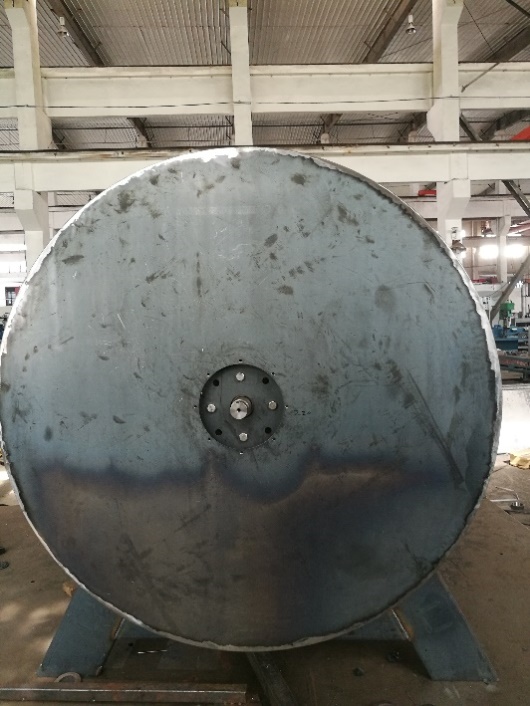
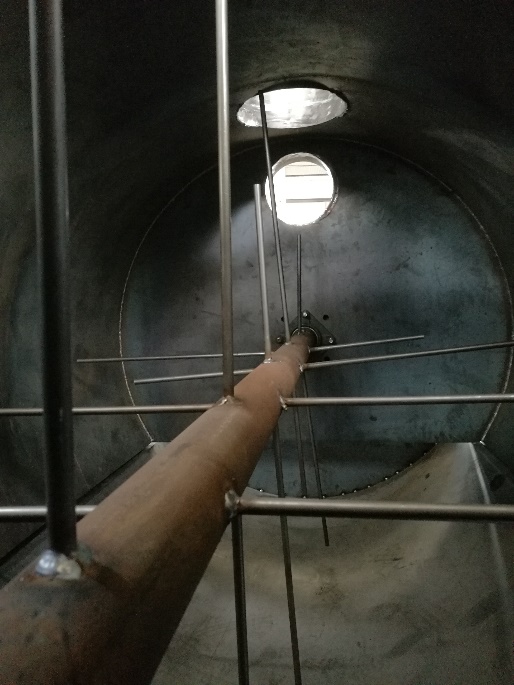
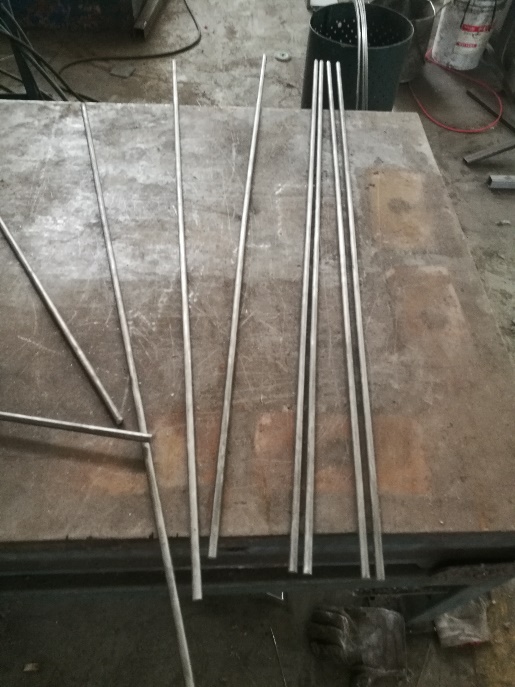
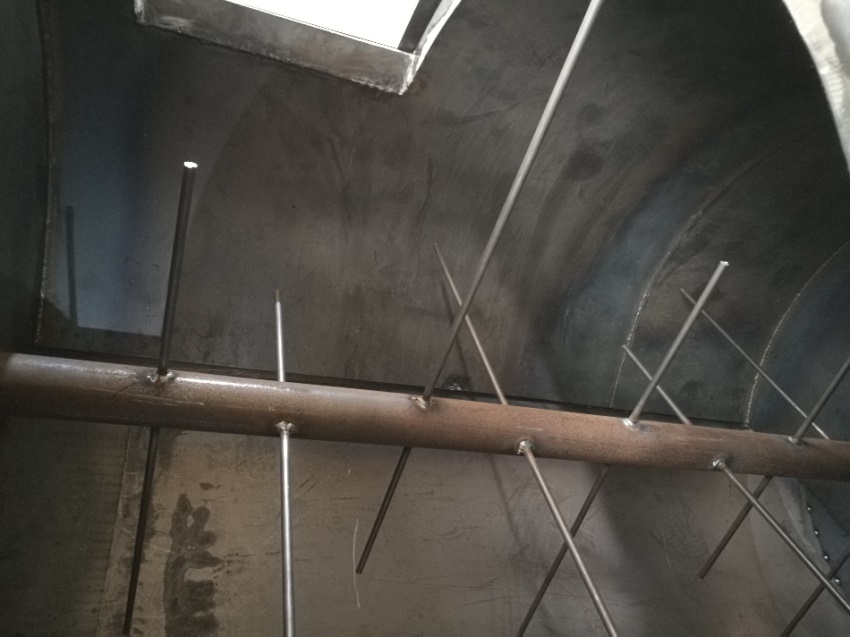
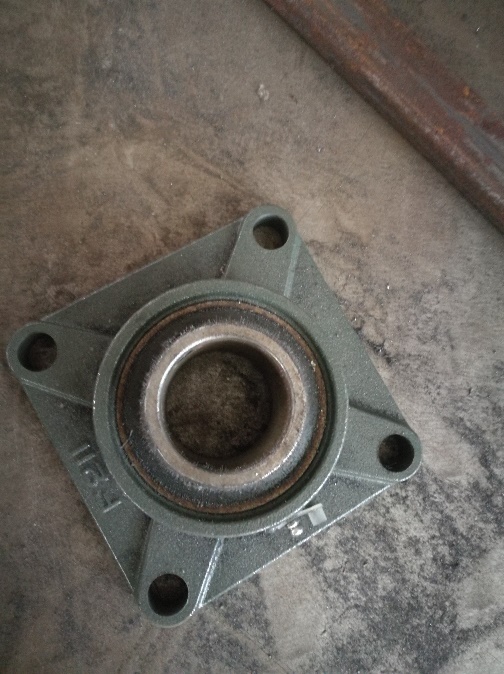
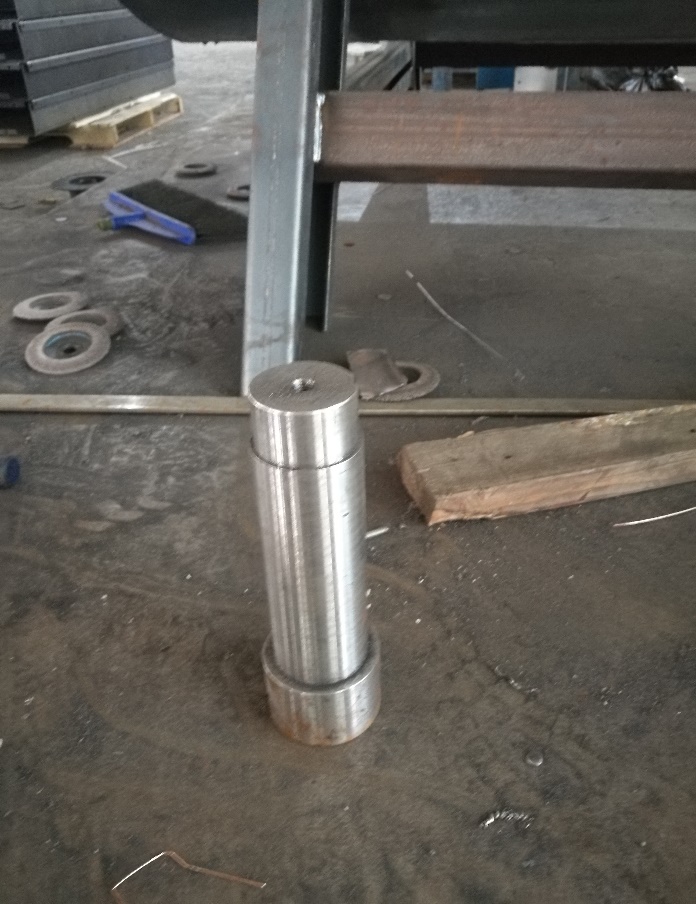
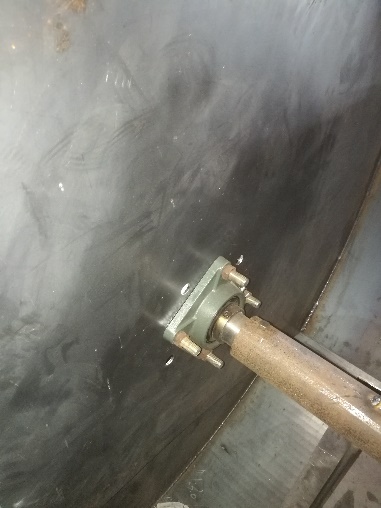
课题毕业论文、开题报告、任务书、外文翻译、程序设计、图纸设计等资料可联系客服协助查找。



